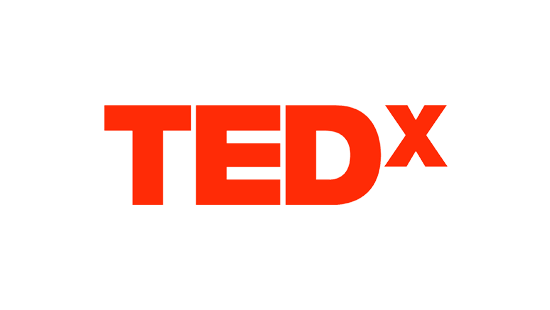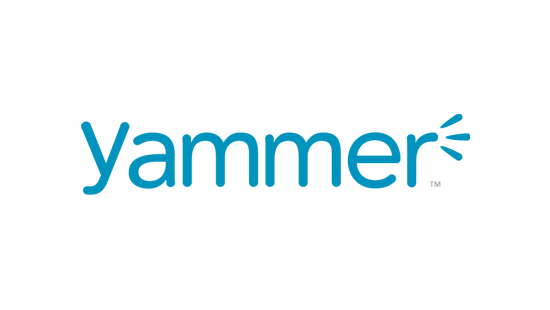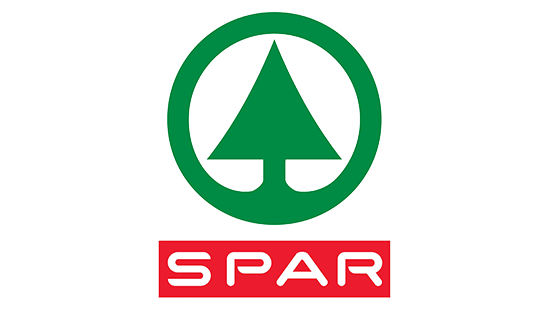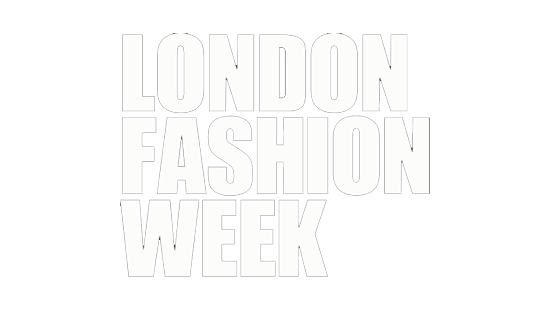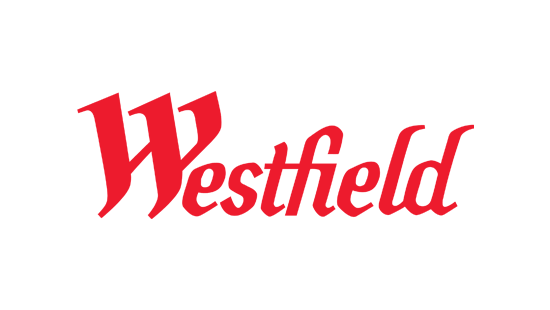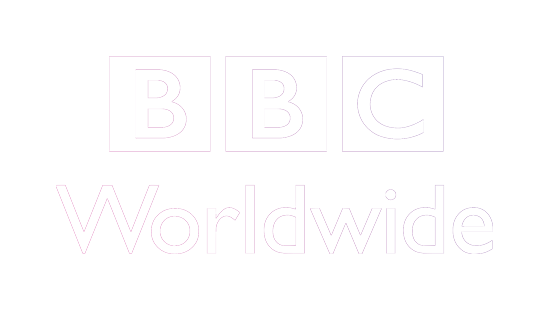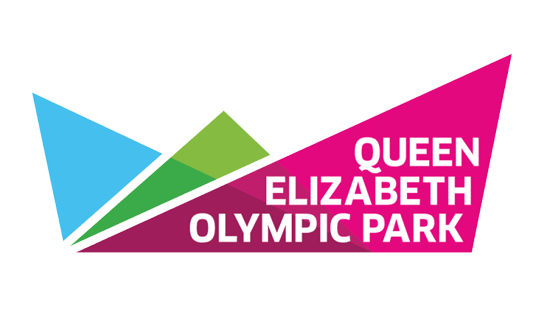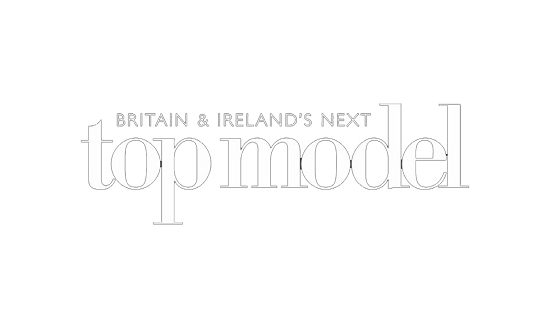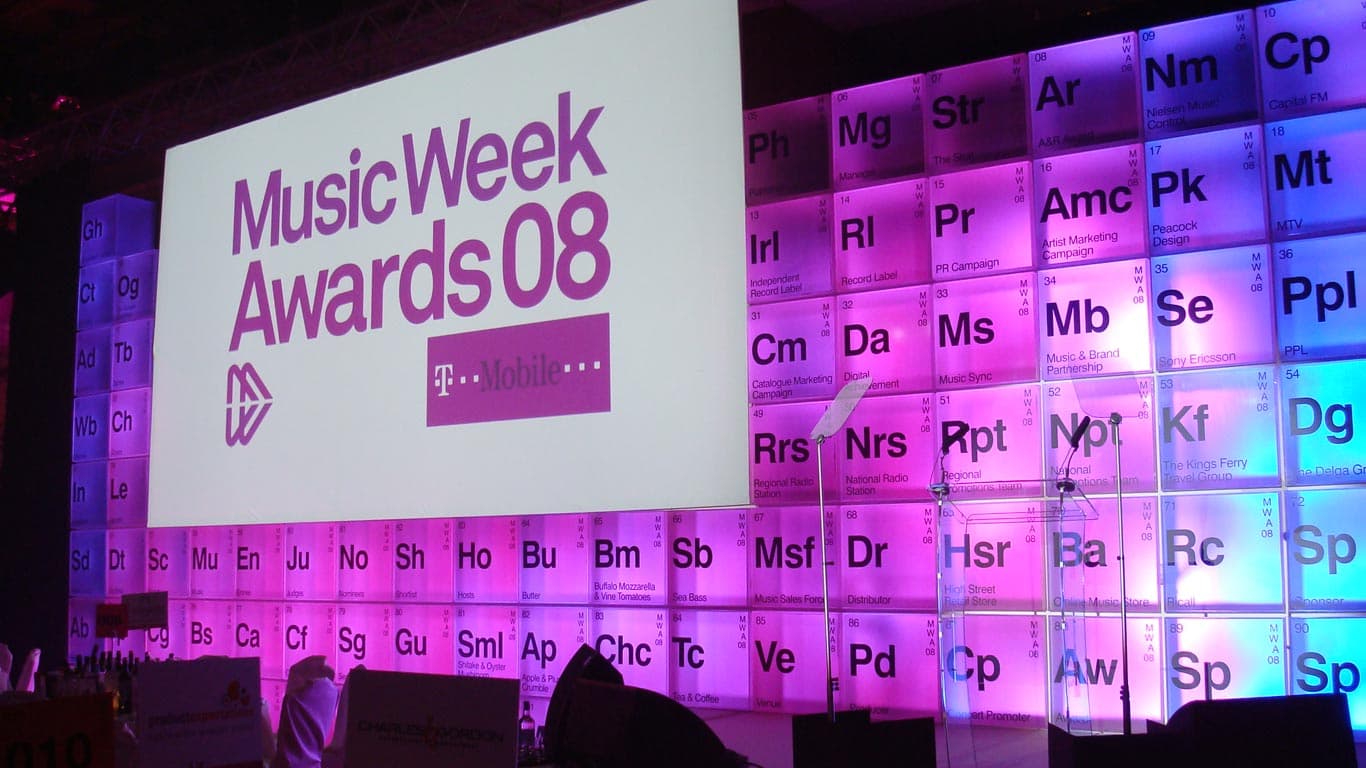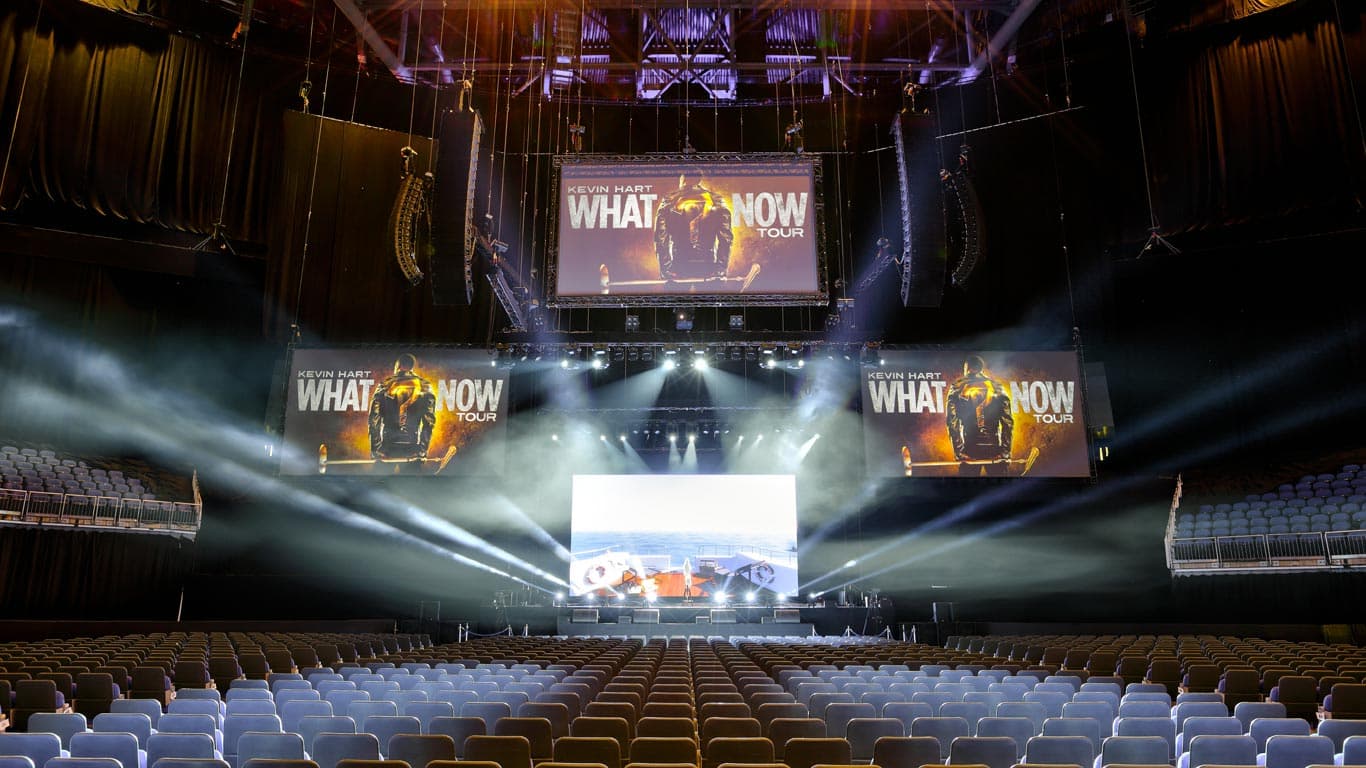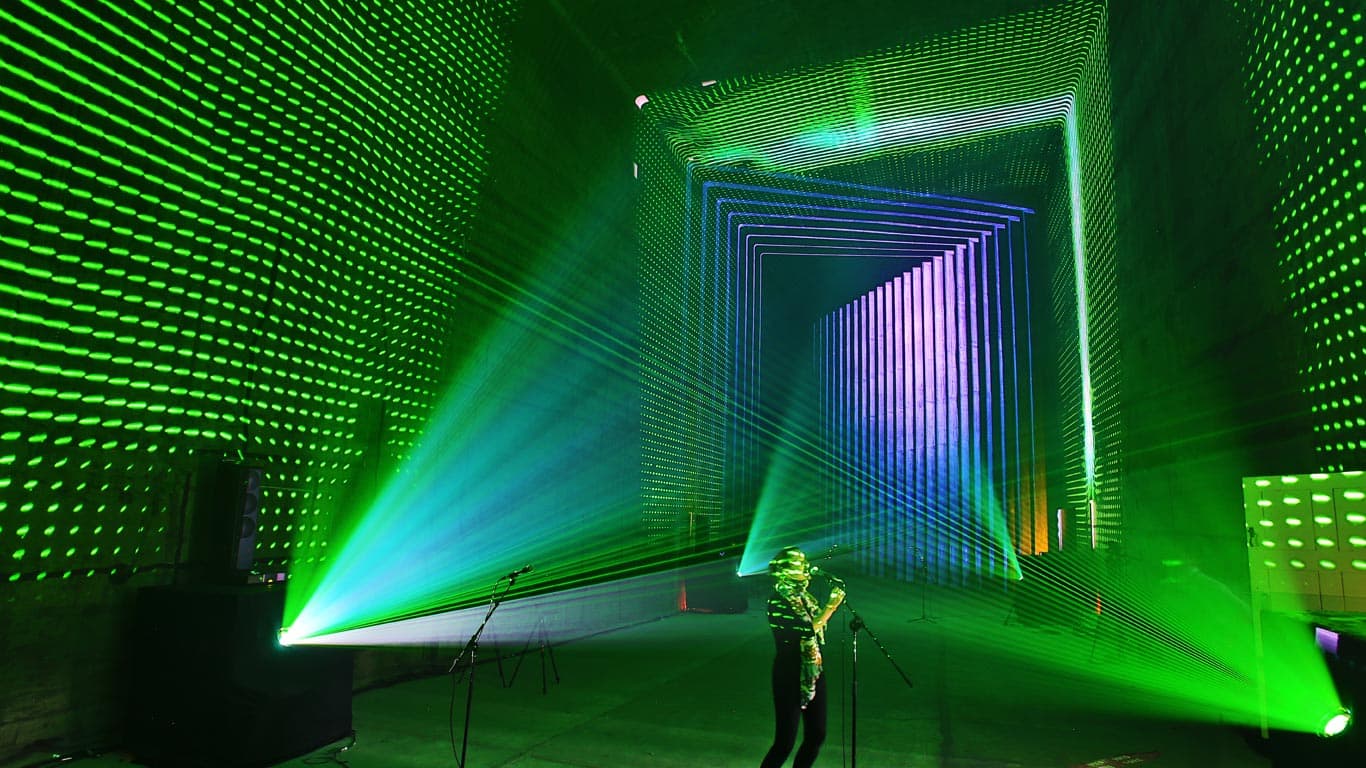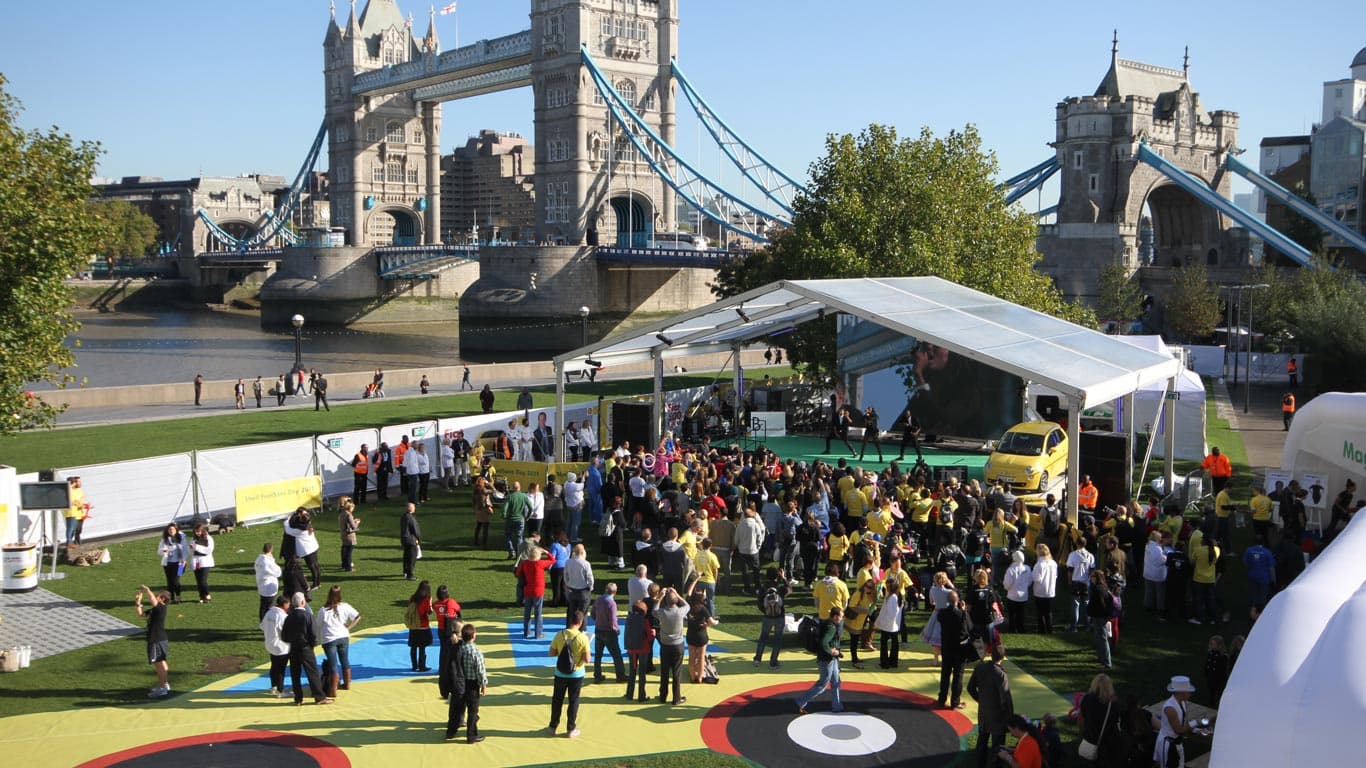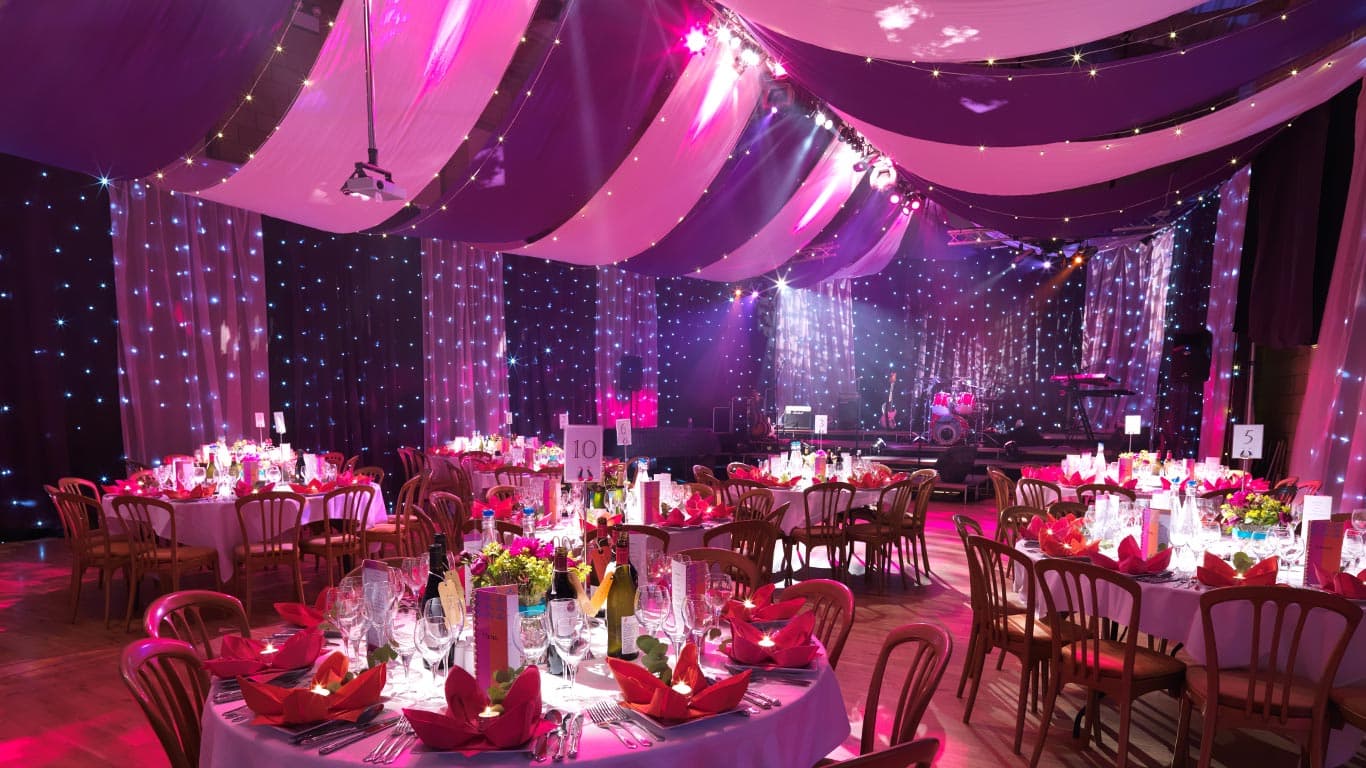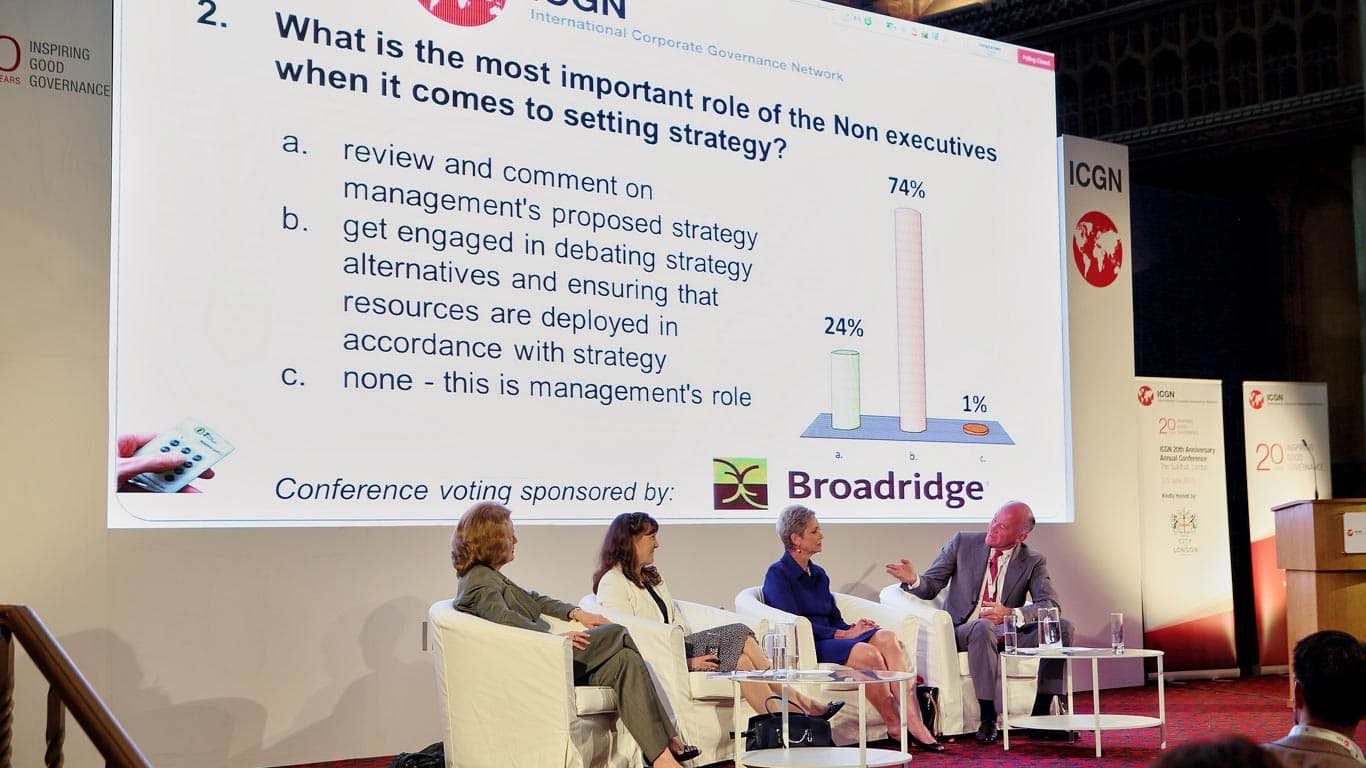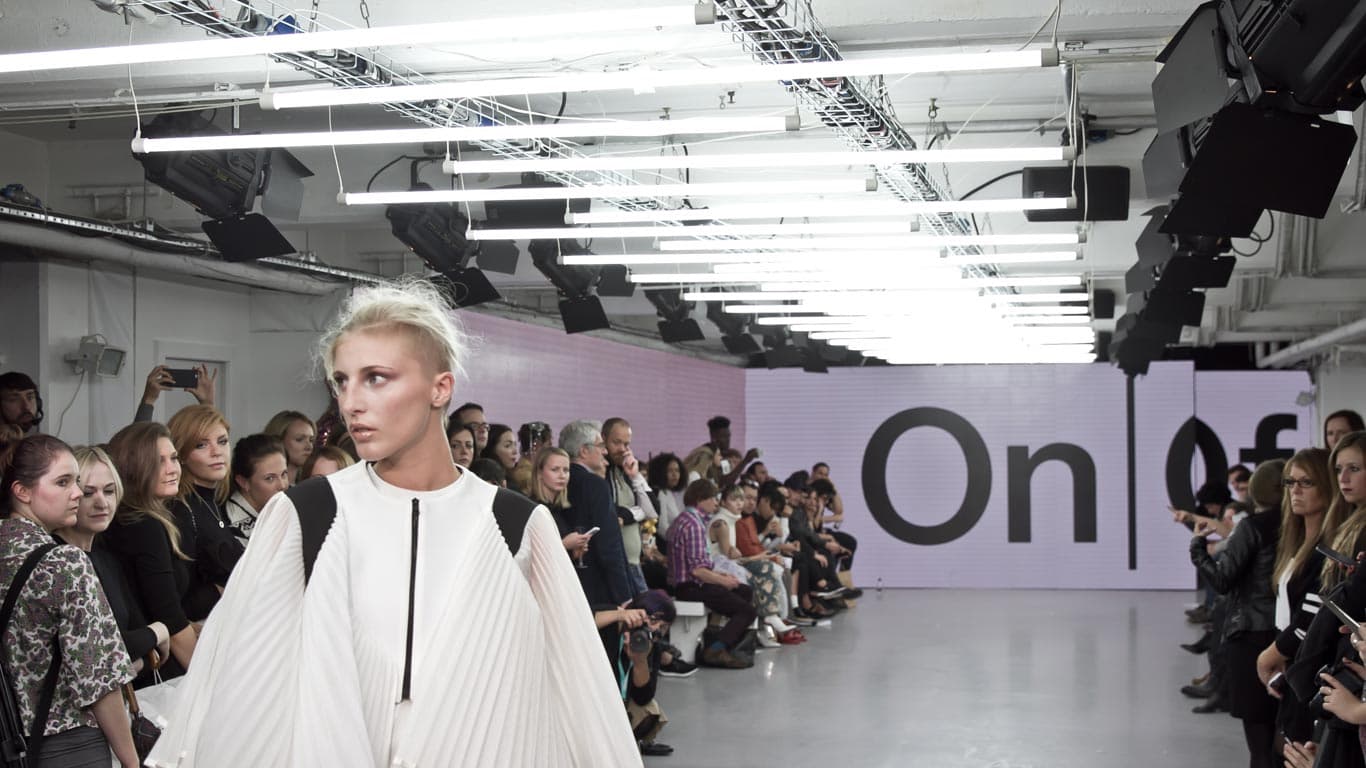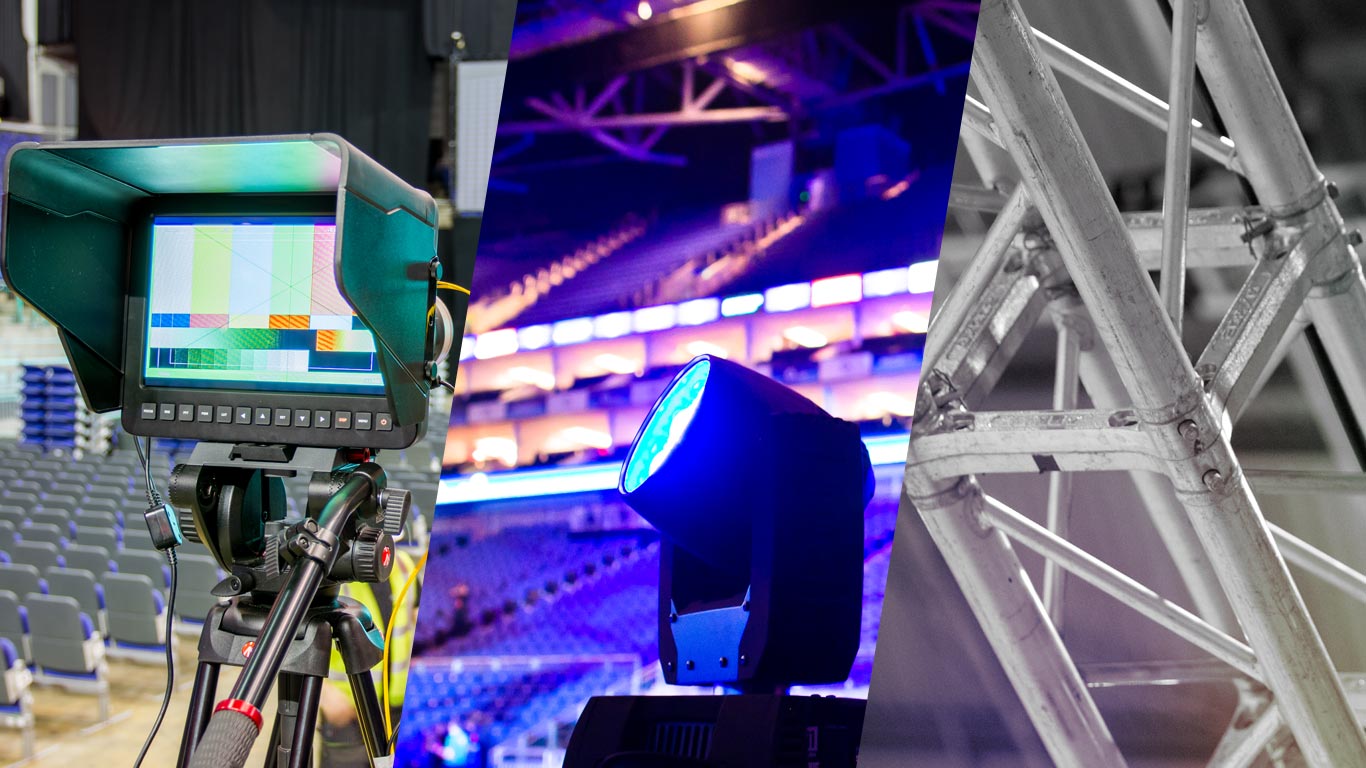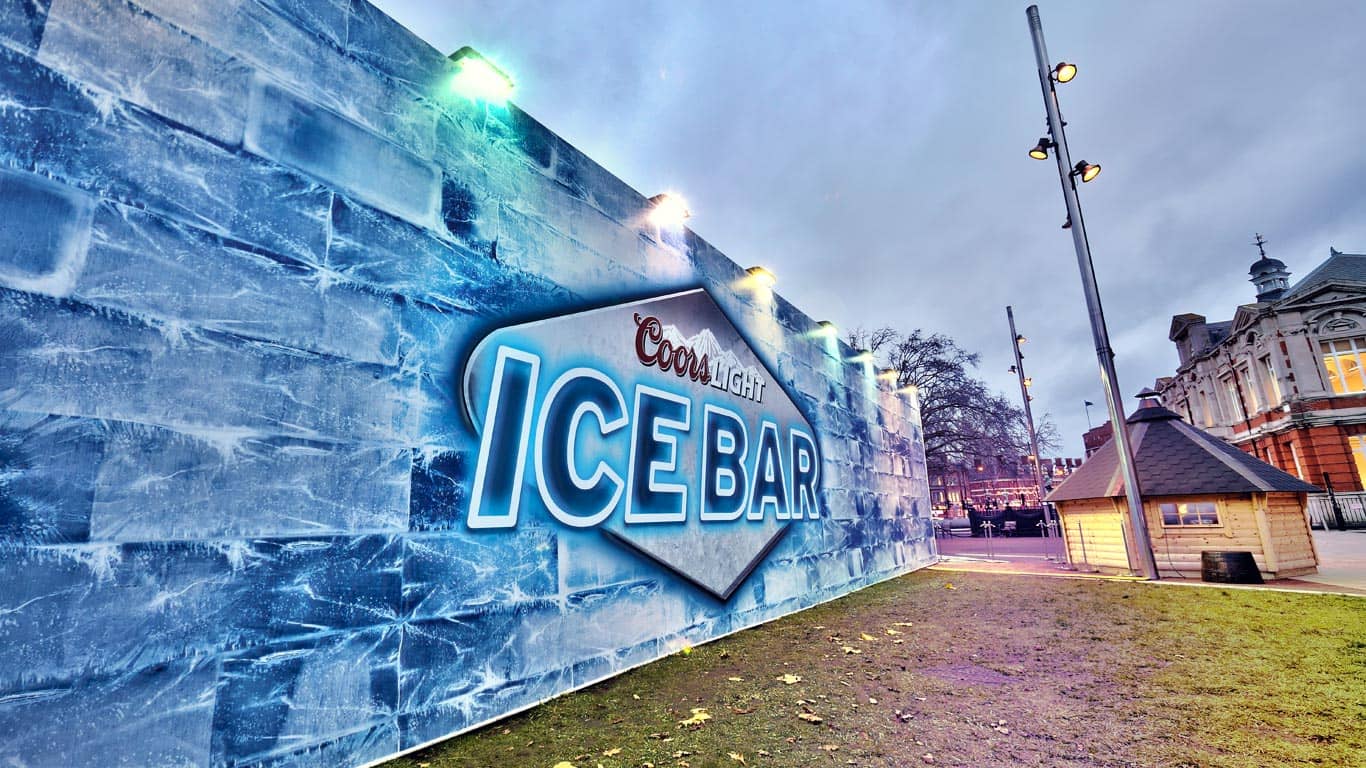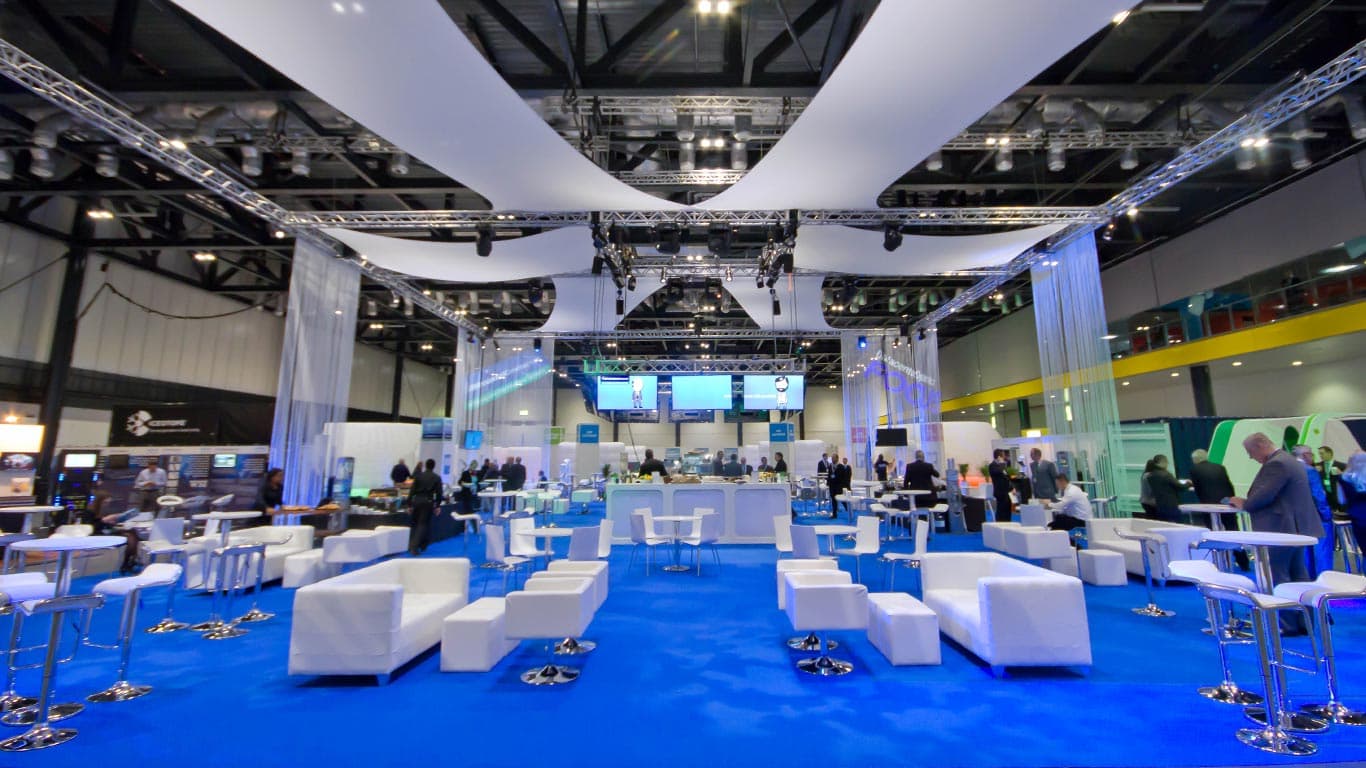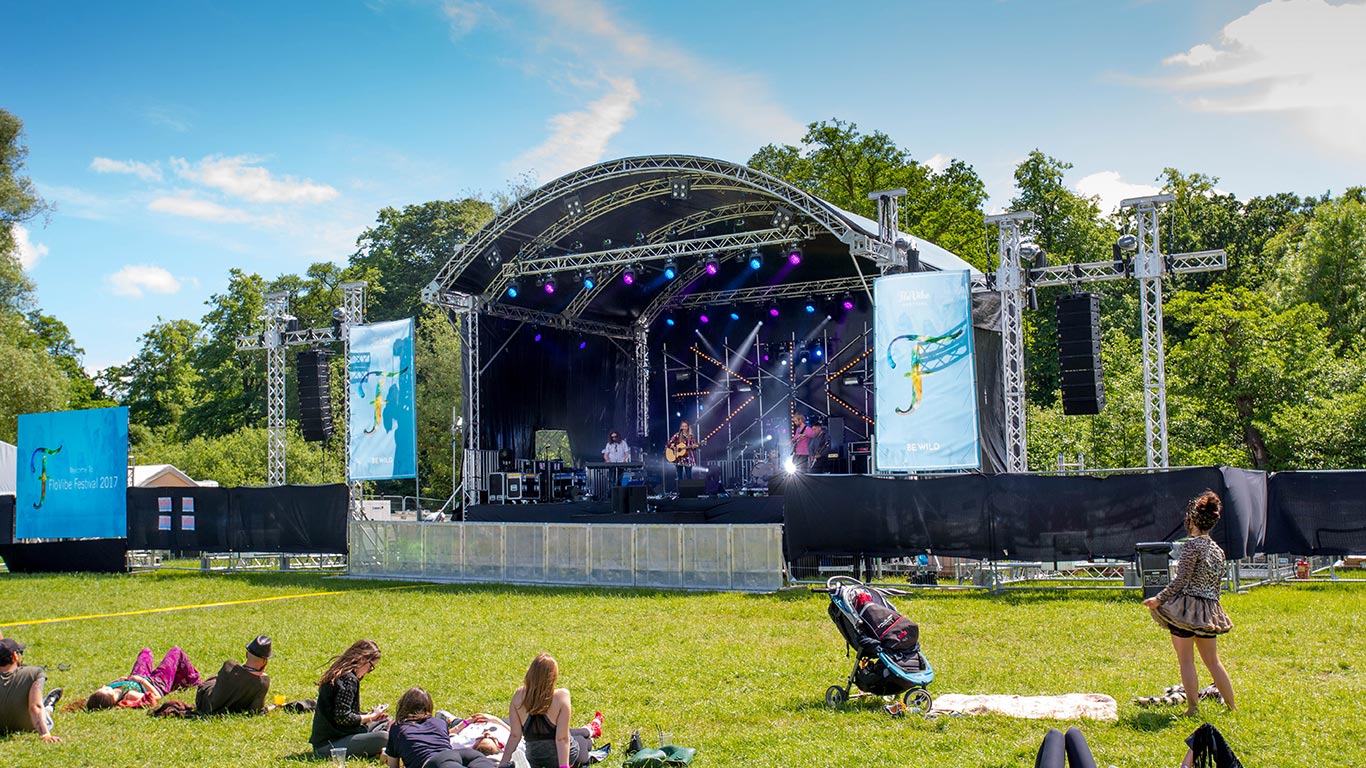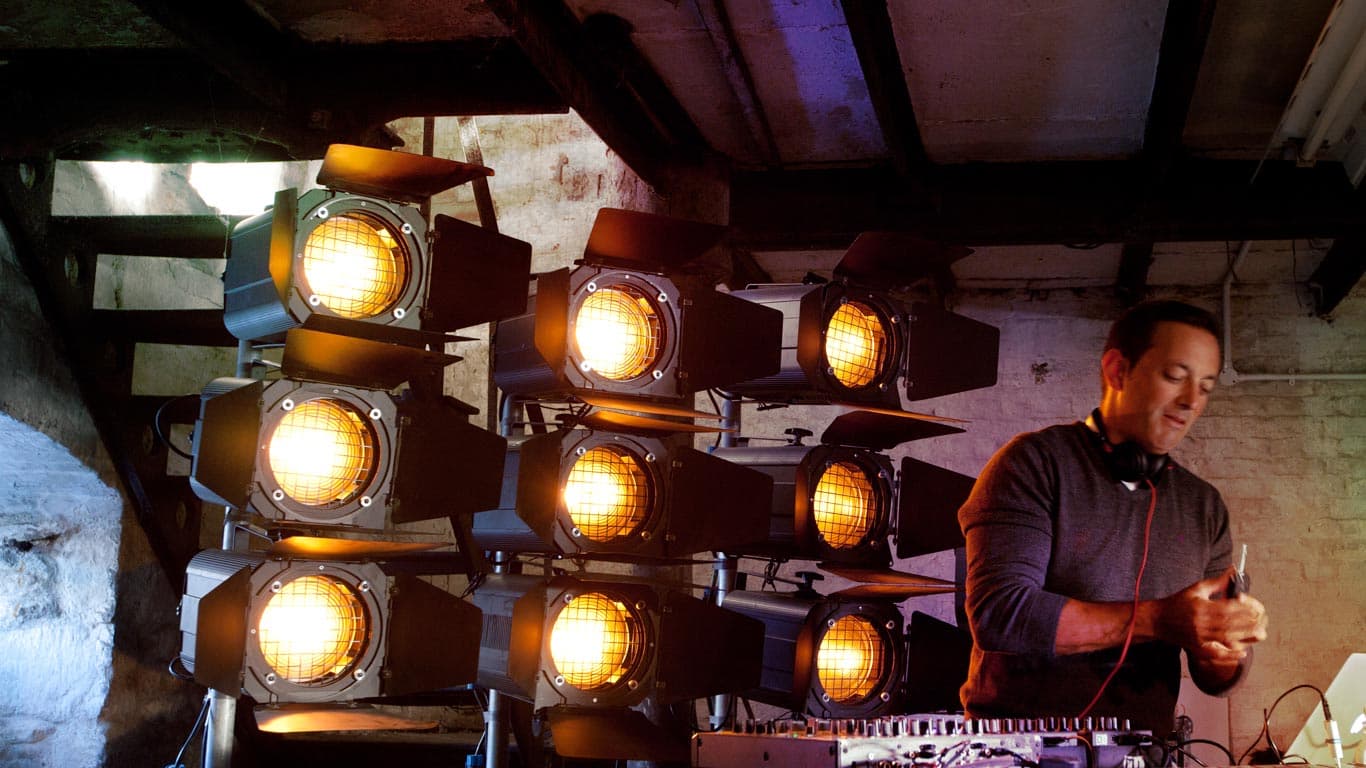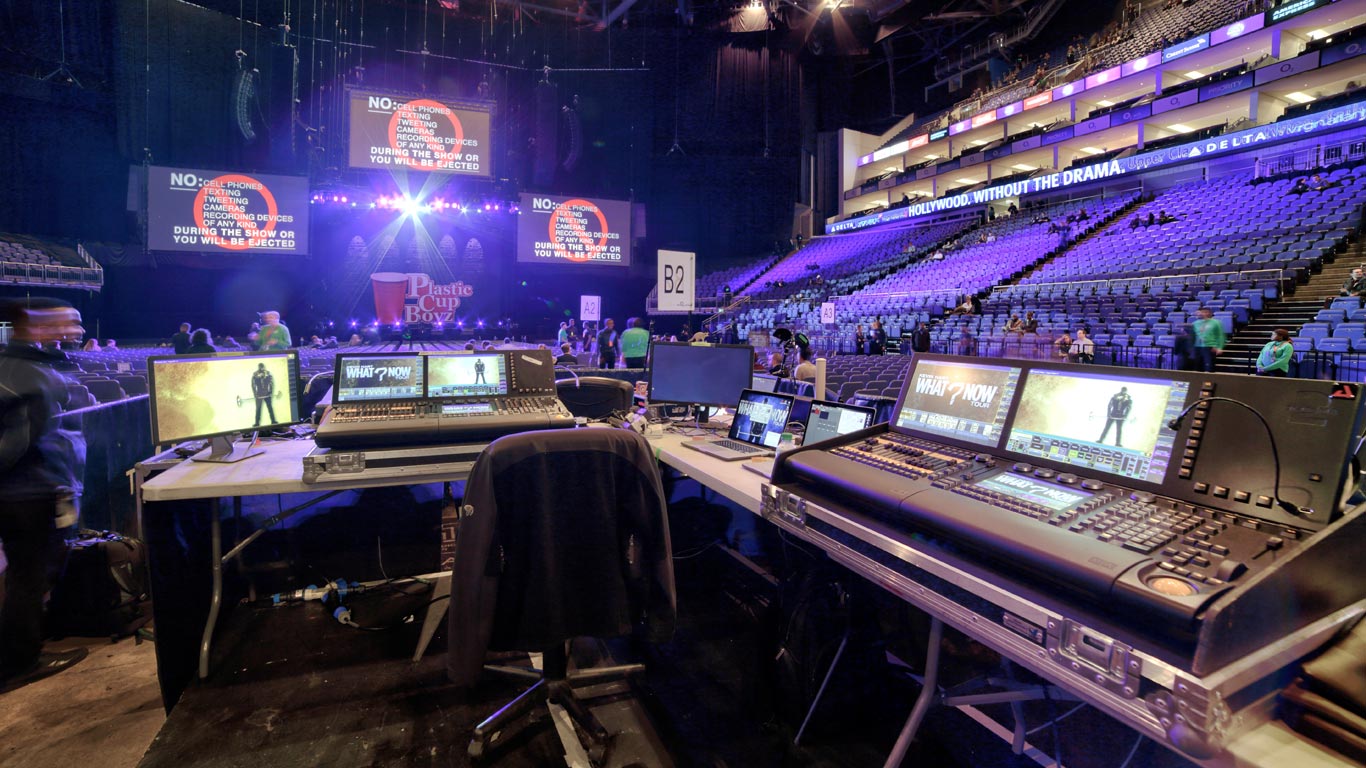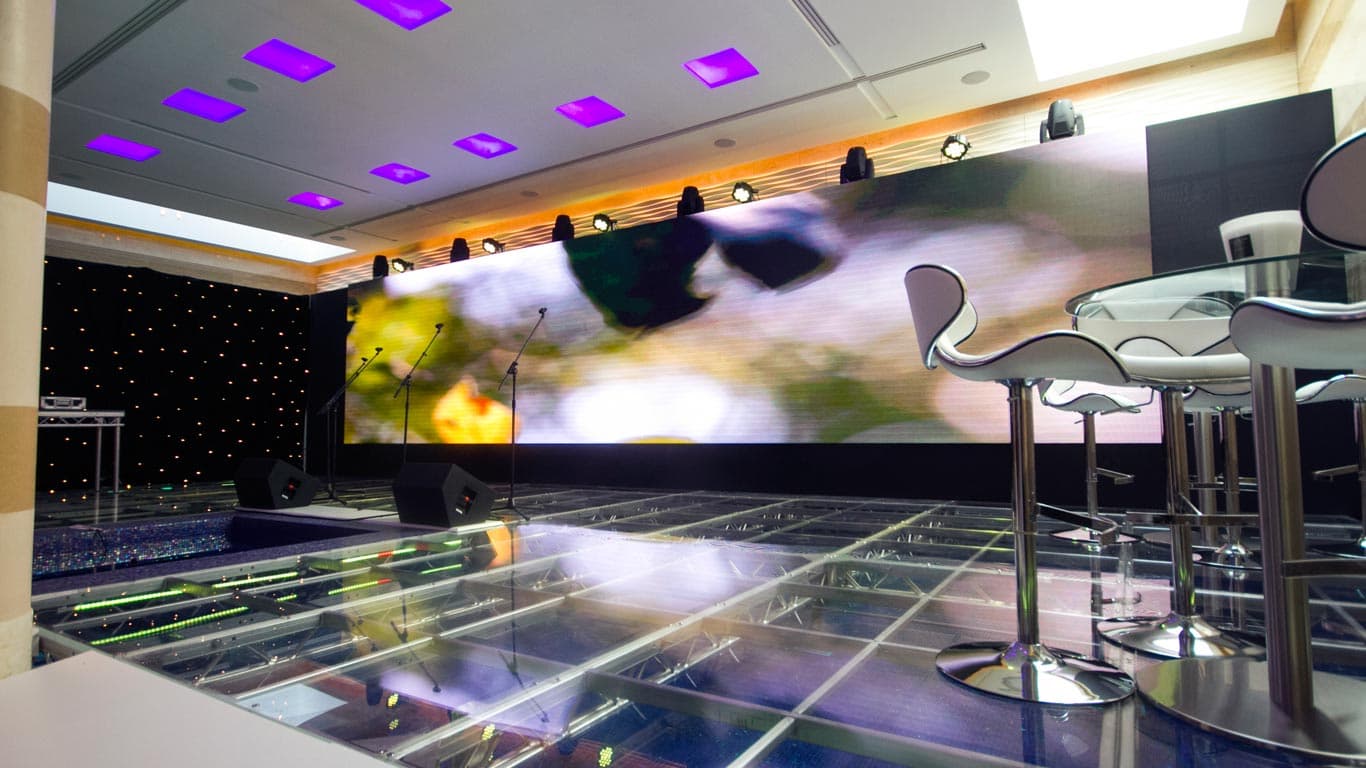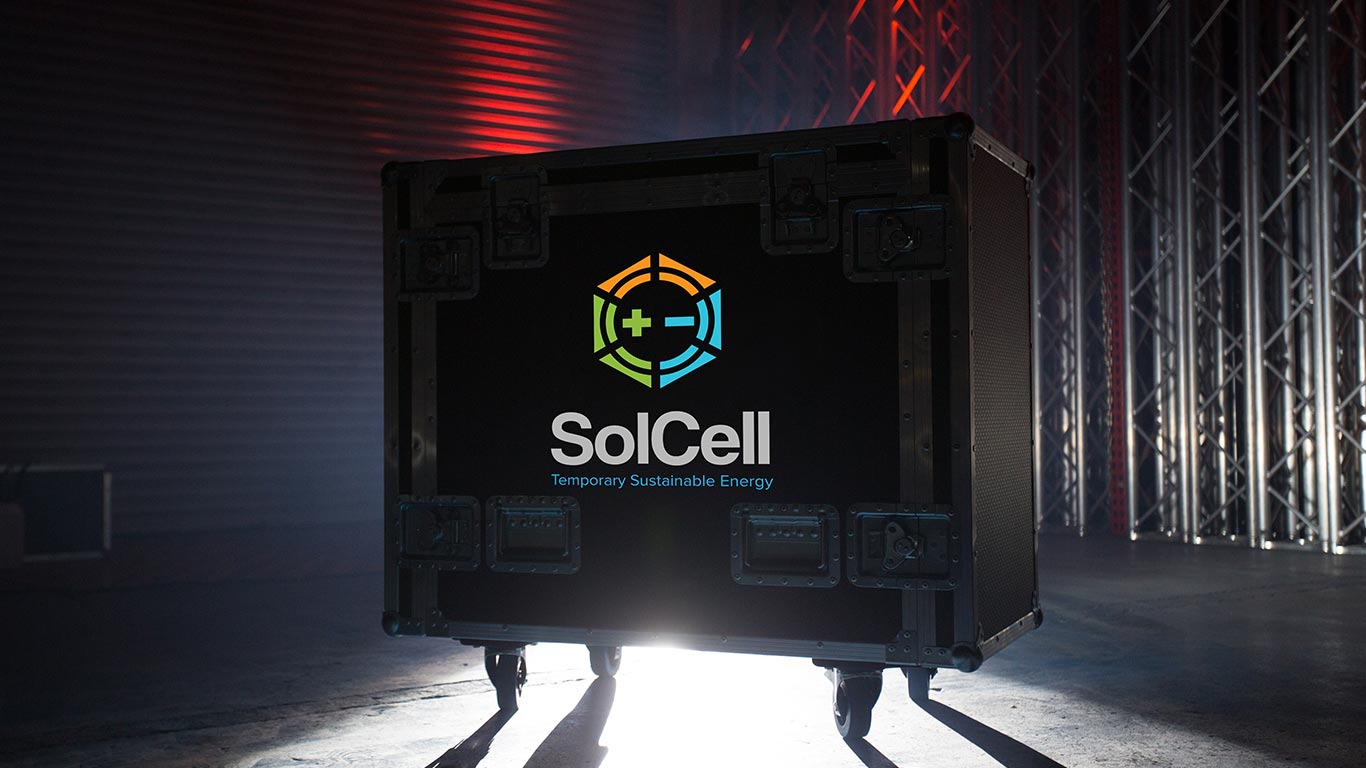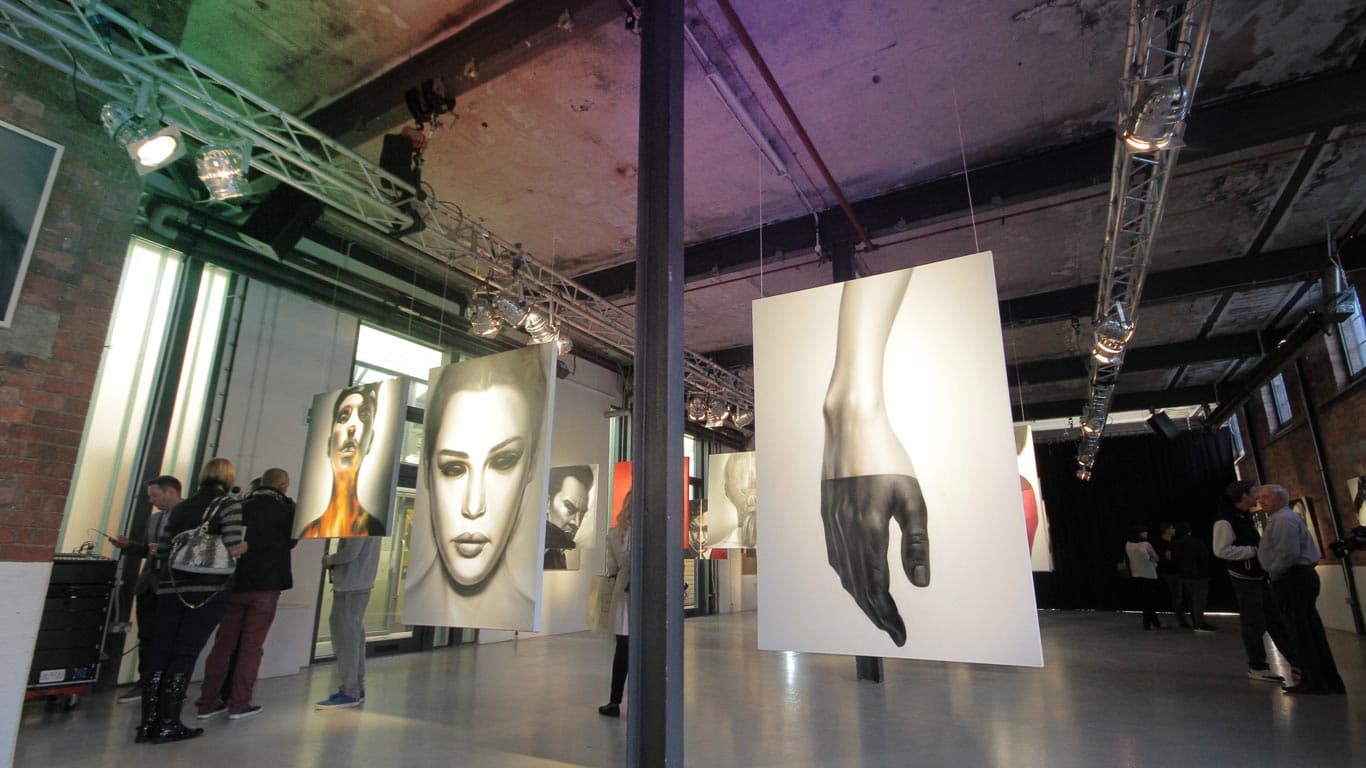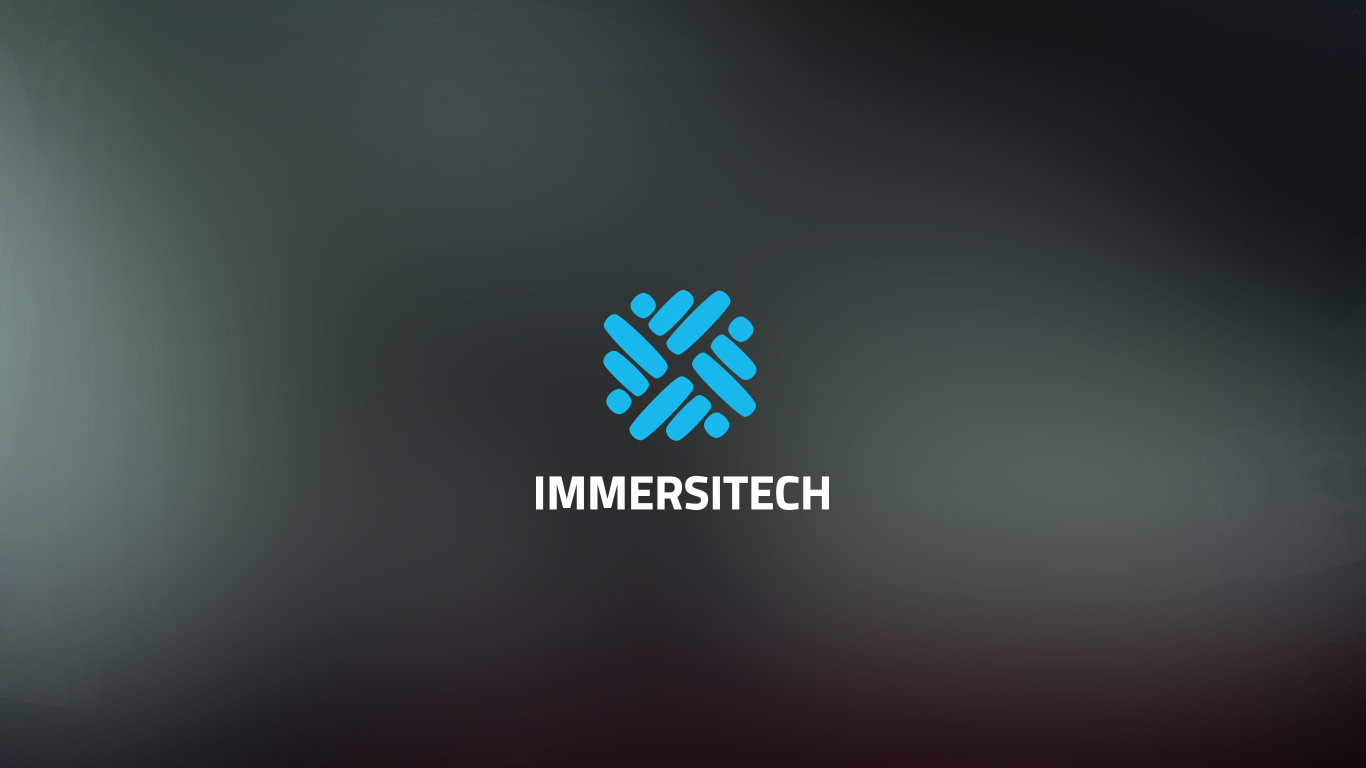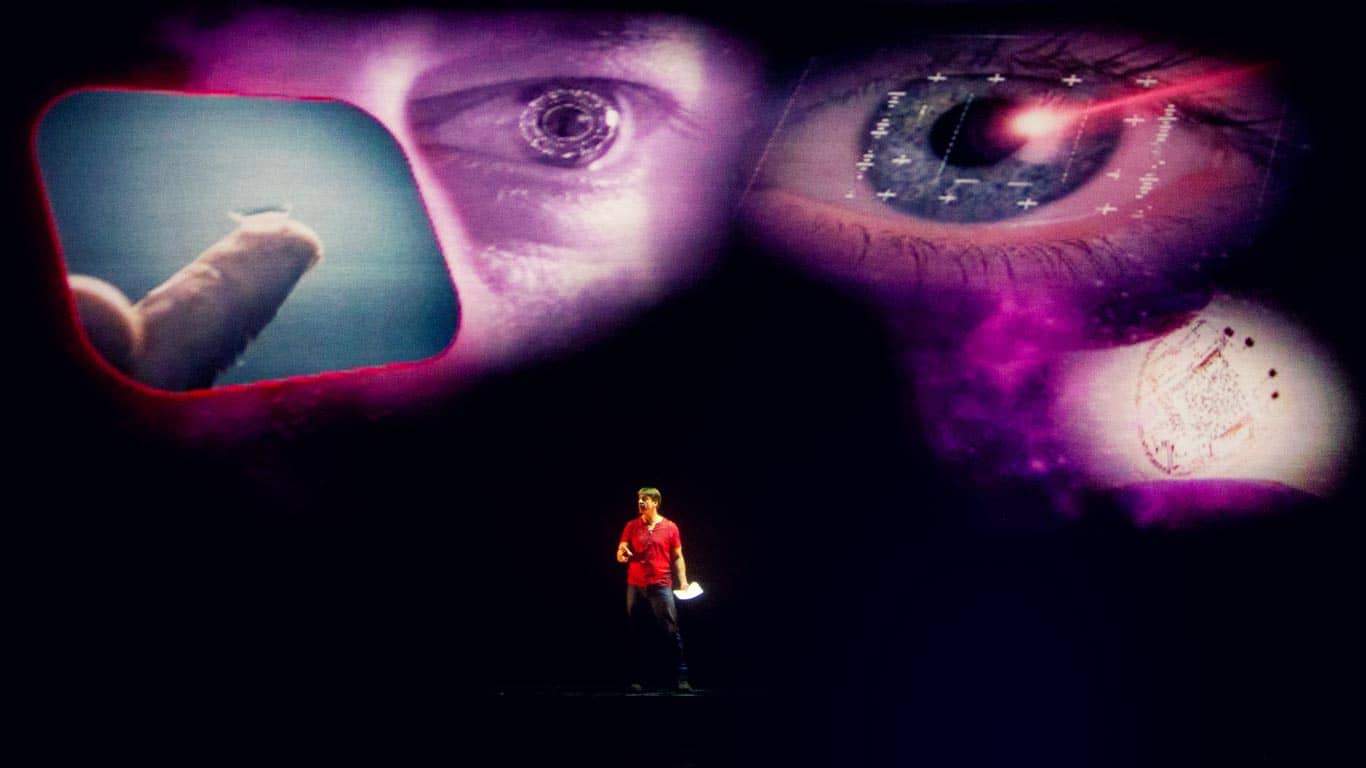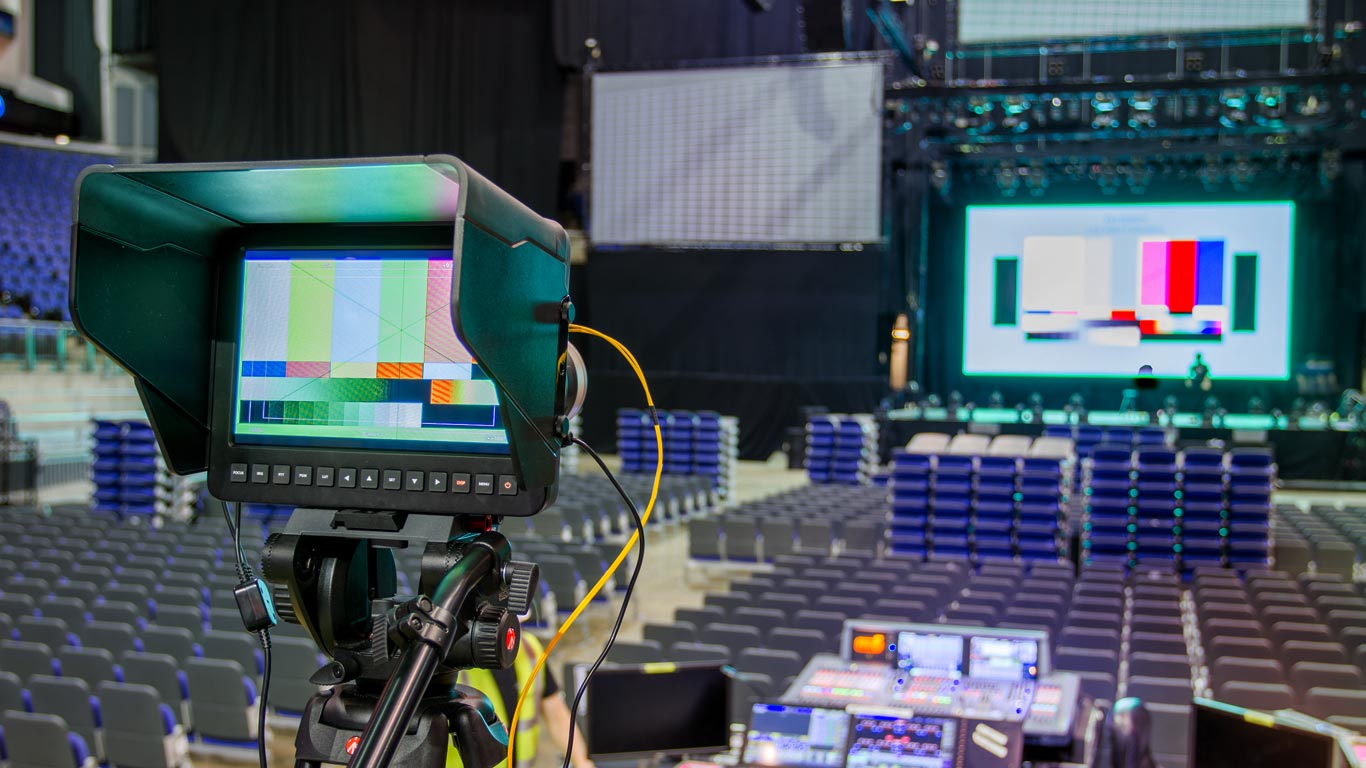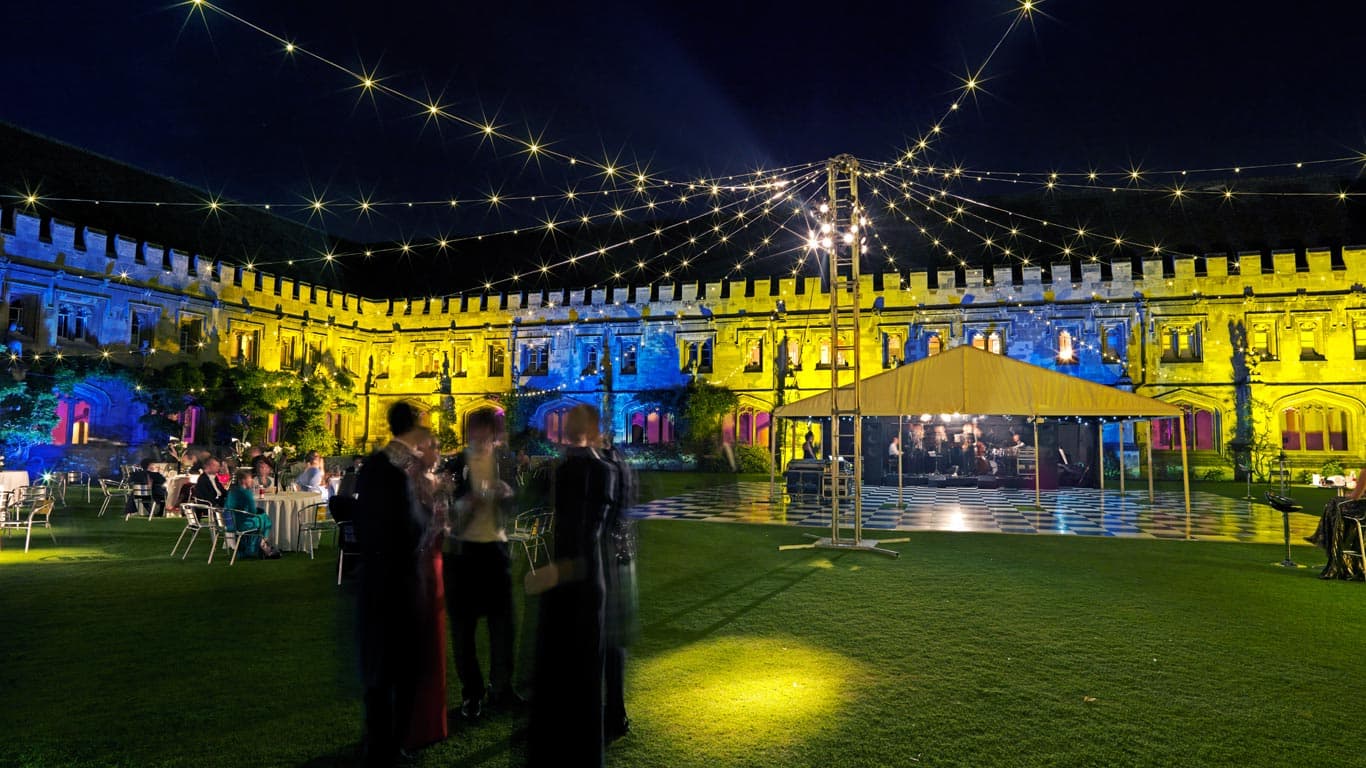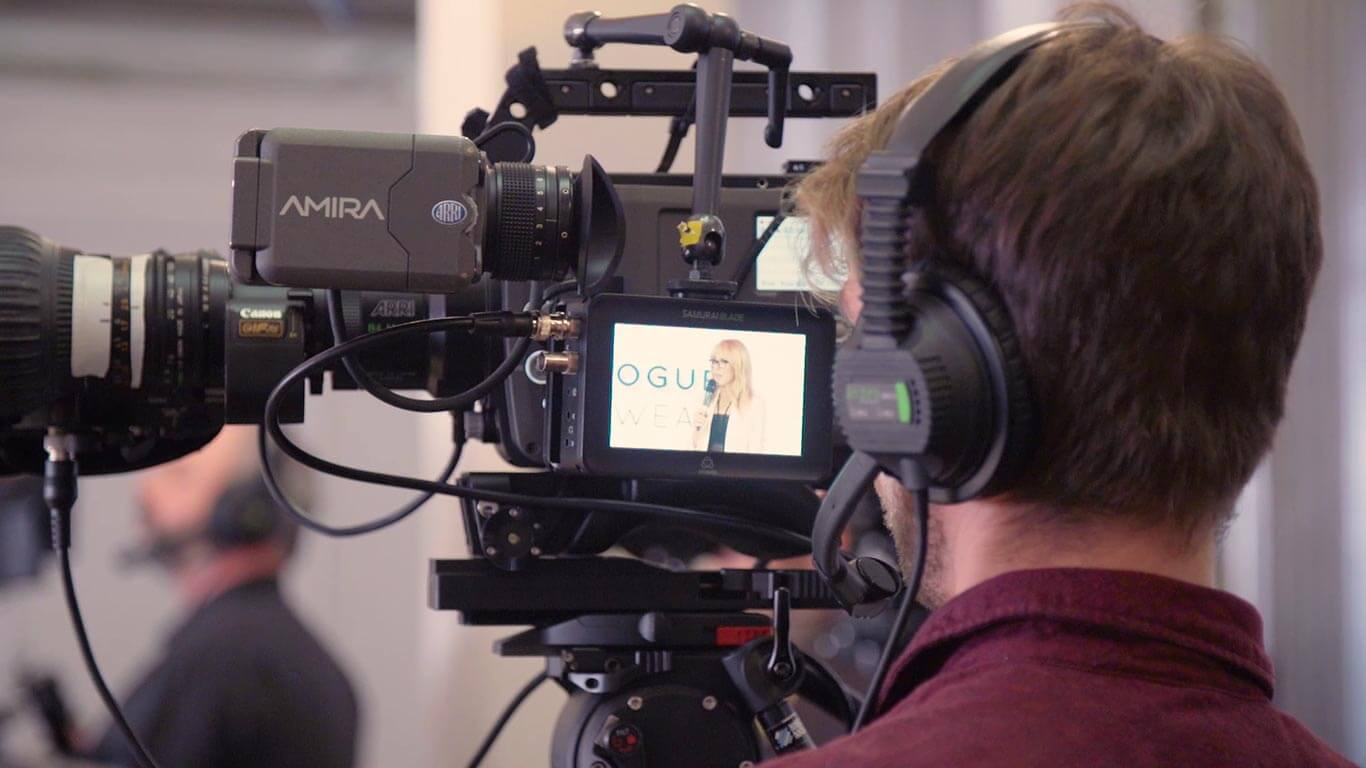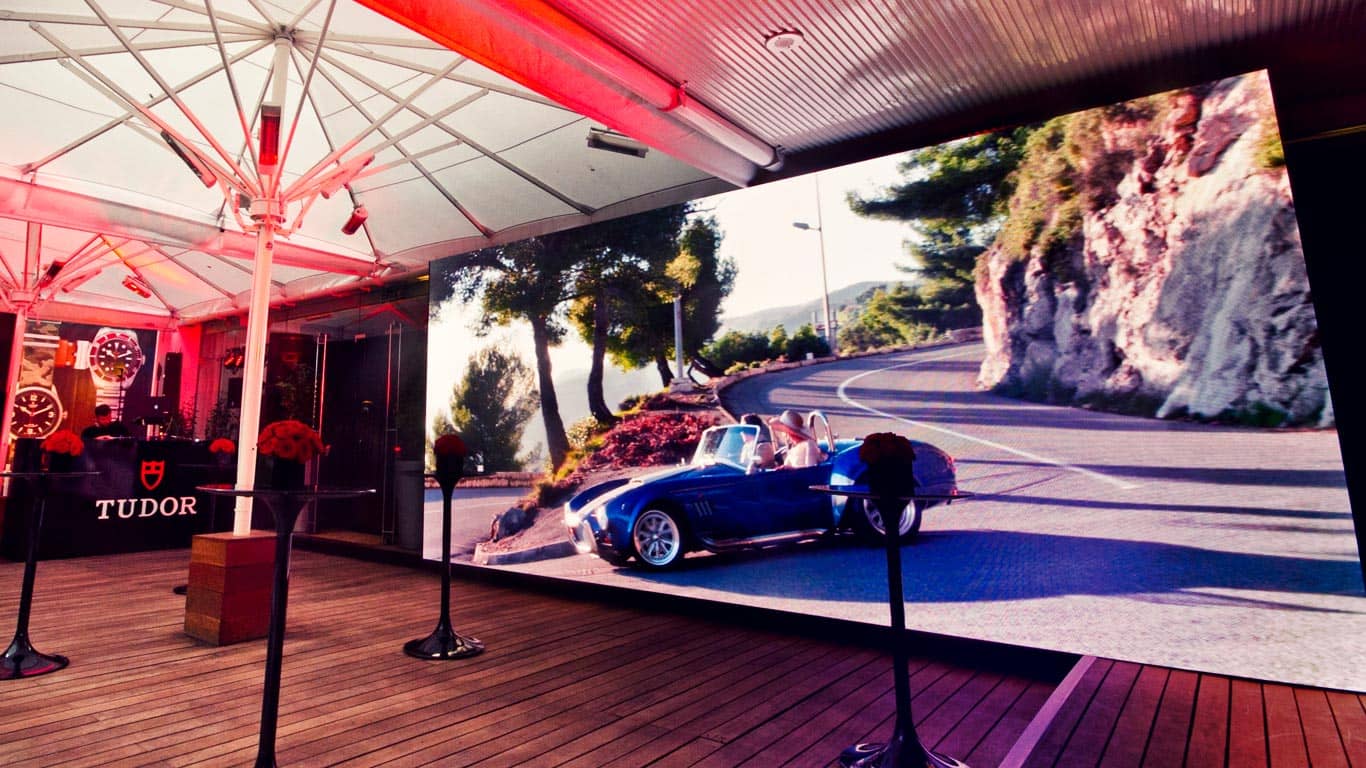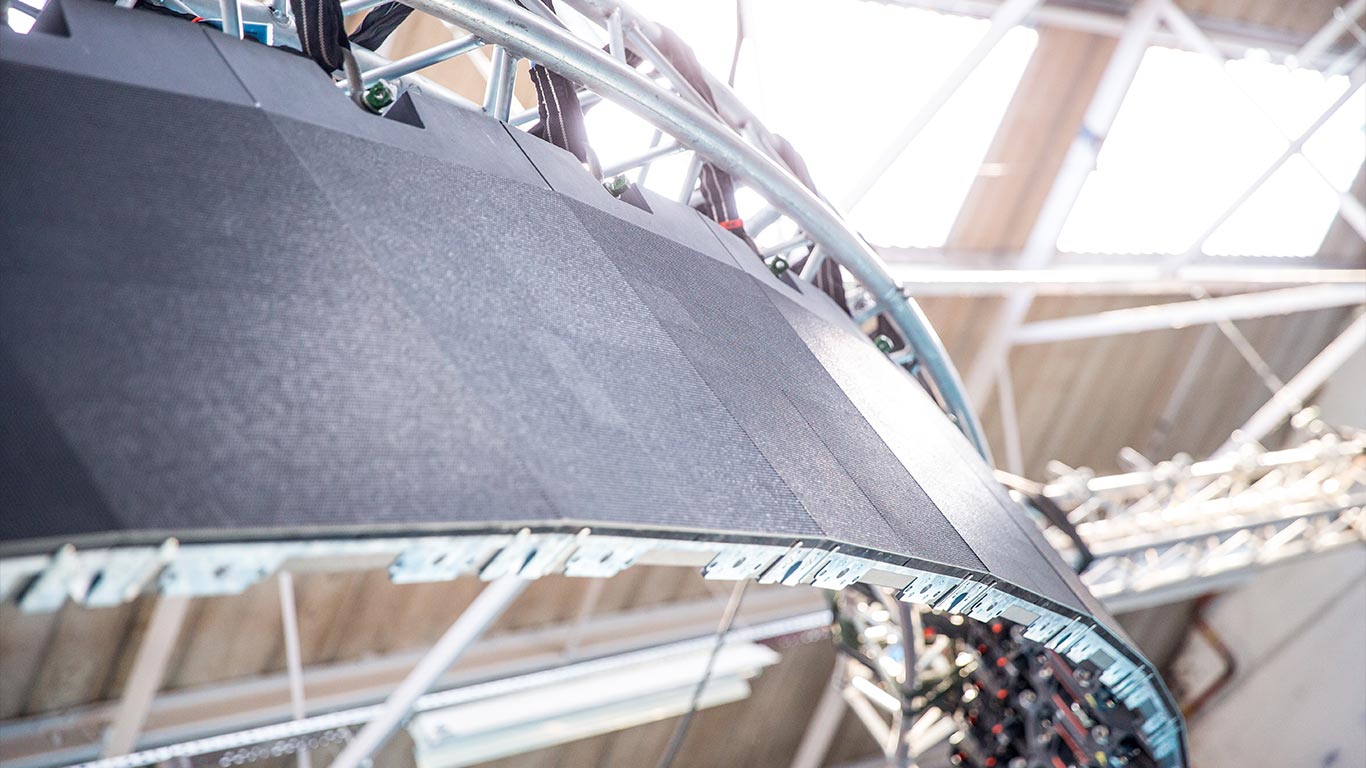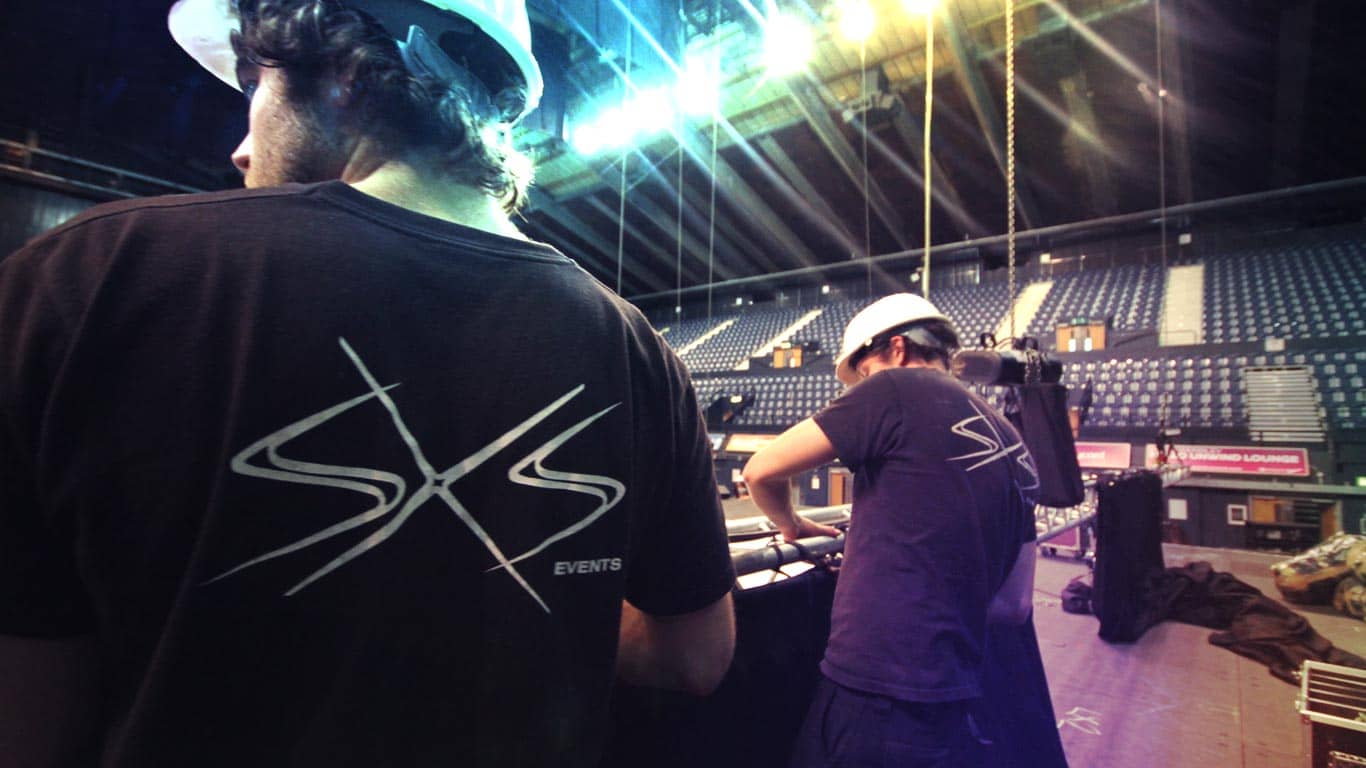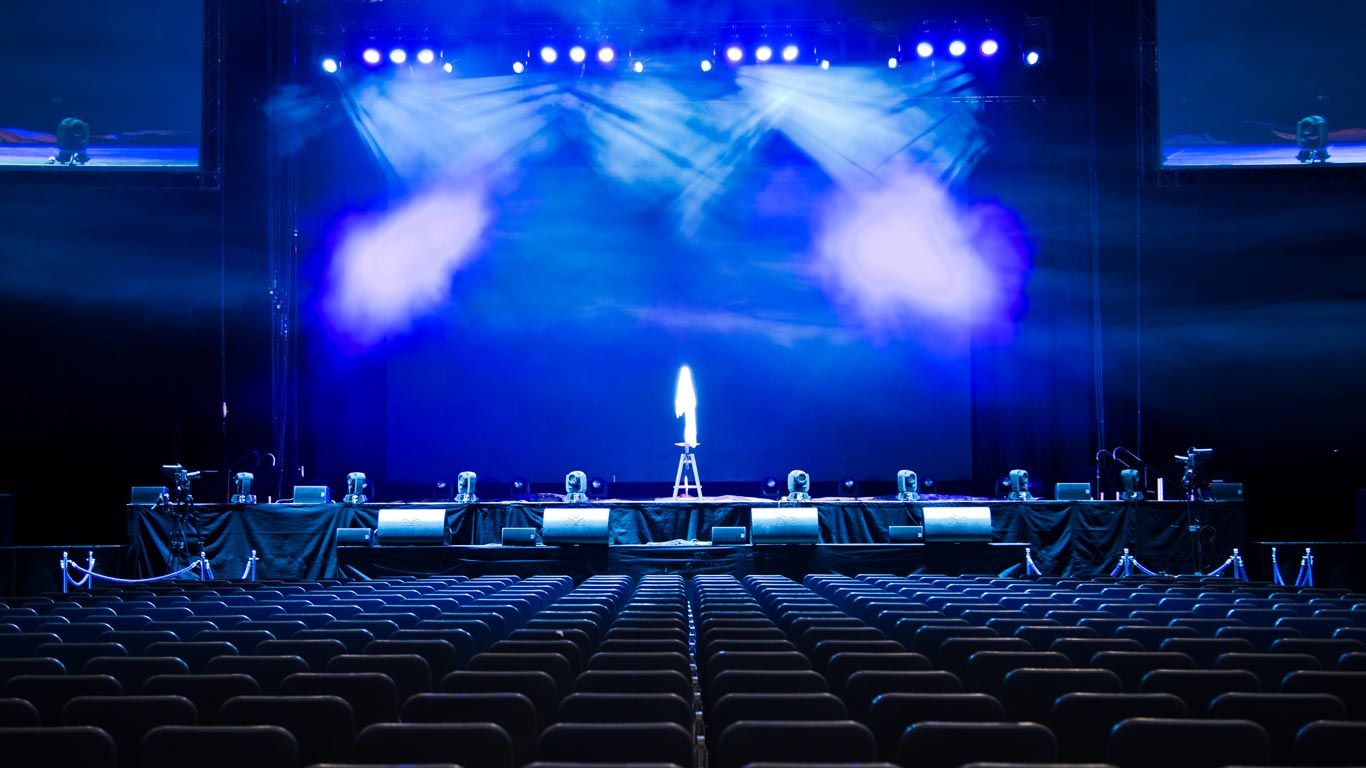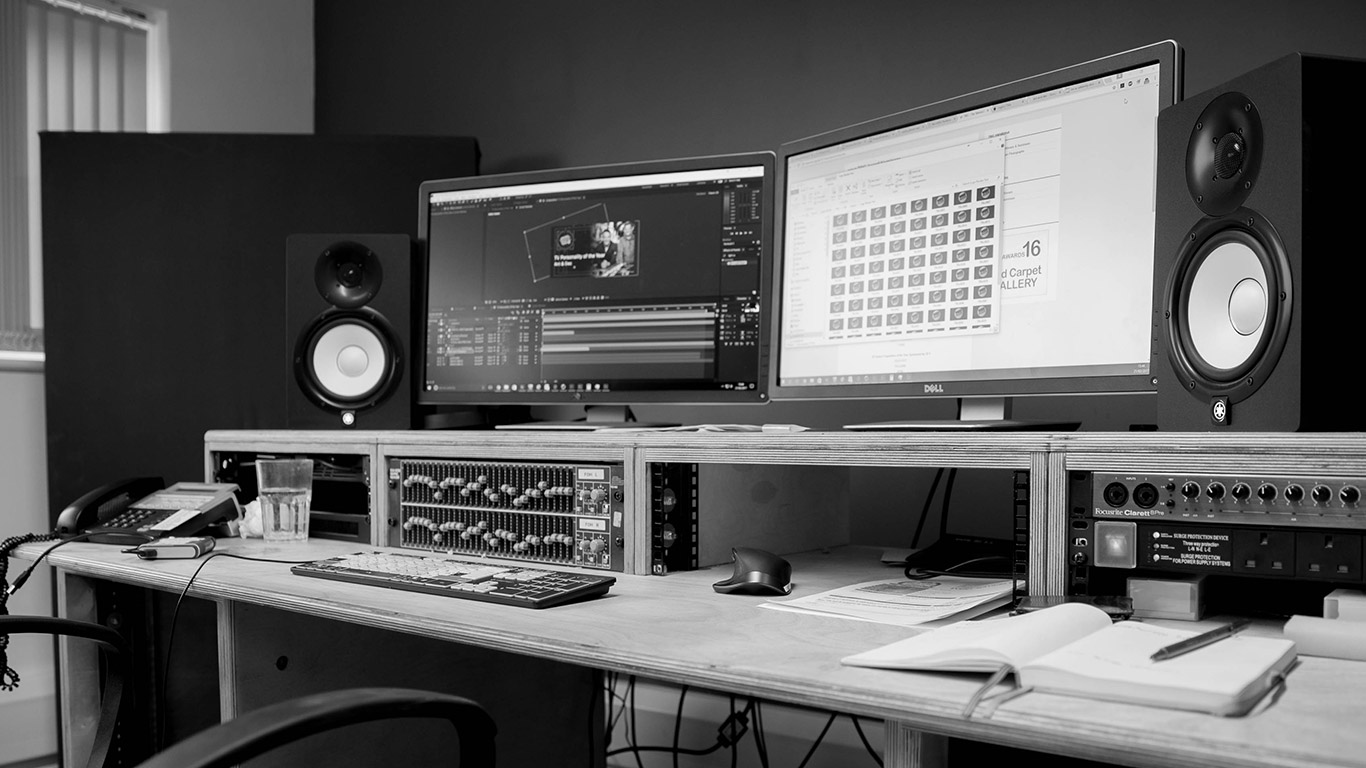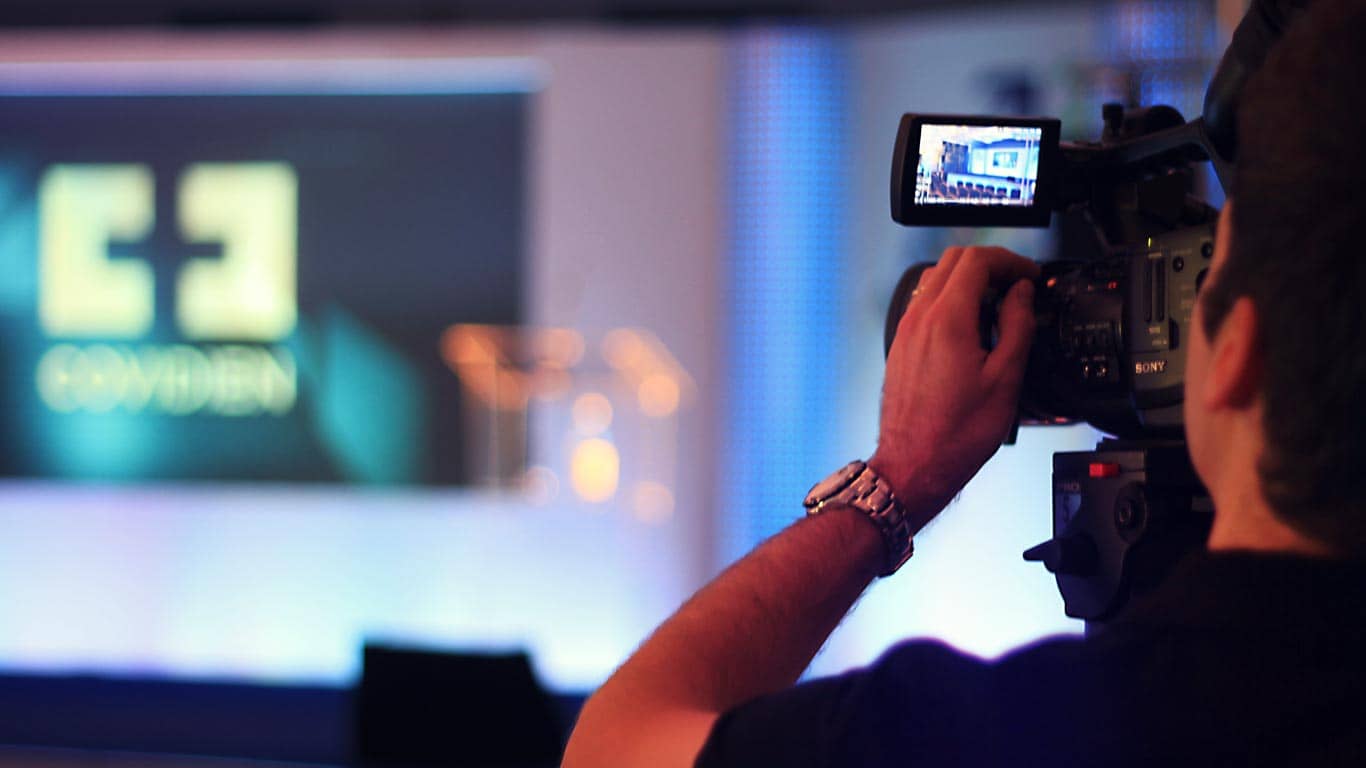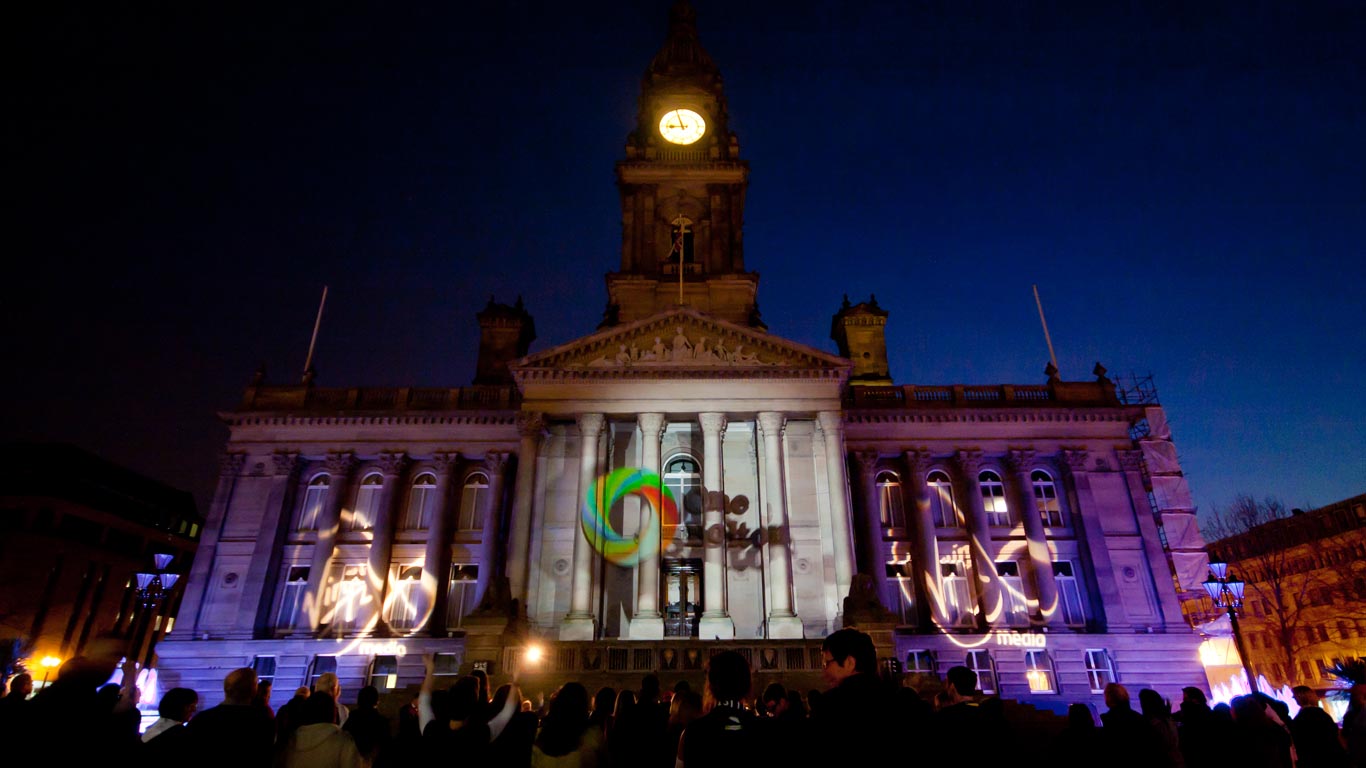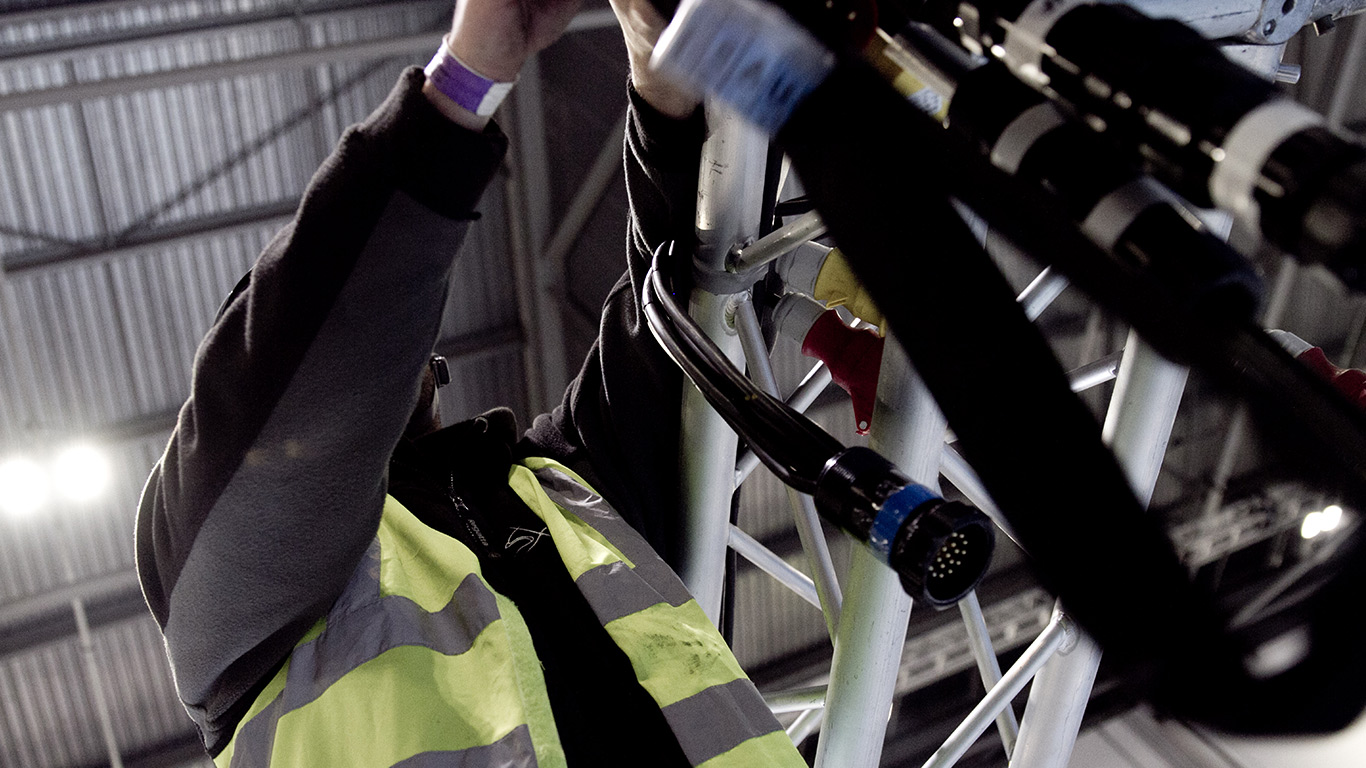Production & Creative Glossary
This glossary has been out together to help both staff and clients alike with the language used for event management and experiential campaigns. I have written this based on the language I have heard in my 15+ year career as well as the phrases that our company uses in day to day work.
In many cases the words are misnomers and linguistically incorrect; but like with many industry-specific dialects we must accept them the way they are! Note that within different companies, sectors and regions this language can change so it is important to be adaptive to the language that others use. Never treat your industry-specific dialect as though it is the only one
- Asset - These are the content elements that are provided by clients to be used within a new show or production. This can include logos, stock images, footages, audio tracks etc. They are distinctly different from other types of content as they come from the client
- Brief - This is a set of information and/or instructions given to a contractor, partner or creative to get them started in their work. Sometimes briefs can be very vague, other times they are incredibly specific to the point that they form an output specification. Briefs can include mood boards, visuals, scamps, Gantt charts and a range of elements to help communicate the requirements.
- Budget - This is the amount of money available for a project or element of a project. Budgets are sometimes very rigid with no room for movement, other times budgets can be highly flexible based on the desirability and percieved value of services being offered. "Budget" is probably the main limitation for most projects.
- Budget Costs - This is a form of quote that is vague and used to give the client an idea of how much to allow for a certain element of a project. This is generally used when establishing the feasibility of a project. When asked for a "budget cost" a supplier needs to be confident that they can deliver the outlined services within this; in this regard budget costs are similar to a quote. What makes budget costs different from a quote is that there is typically very little specific technical information available; whereas a quote should be very specific
- Chemistry Meeting - This is a type of meeting that can take place as part of a tender or sales process. It is essentially a chance for all parties to meet each other and see if they have "chemistry" - IE do they get along and share similar values. I have only heard this phrase used by larger organisations who feel a need to have a name for such a meeting.
- Collaboration - This is the process where a group of professionals share ideas in a way that creates a better solution than any individual's ideas alone. This can include "brain storming" (a phrase little used these days), challenging paradigms, sharing concepts and showing scamps, mood boards and drawings. Collaboration requires all involved to be open to new ideas, not take challenges as criticisms, and have their own ideas. In my view collaborative working is the best way to build concepts as every person has their own life experiences which can all feed into the eventual output. Collaboration does require one person to have an initial/draft idea as a starting point to ensure focussed discussion, so a project leader is good person to have.
- Collateral - This is all the pieces of content that a project has. It can include client assets, custom content, audio, stock footage etc.
- Connect - This is used to refer to making initial contact with a third party about a specific subject.
- Costs - These are the specific item costs within a contractor's quote- such as labour, manufacture, consumables etc.
- Curate - To curate means that a particular person or group are given almost complete creative control and direction of part of a project. Often this might be that a group are given an area of a party or exhibition in which they have freedom to do as they wish. A curator will usually be given autonomy with their budget as well. When curating a great deal of trust is being put in the curator to deliver a good solution and put their client's/sponsor's needs first.
- Creative (person) - This is a person whose primary role is developing the creative concepts and strategies around a project. Often a creative does not have specific technical, logistical, or practical skills. A good creative should be very talented at understanding styles, trends and client objectives. Creatives also need the support of a highly capable production team. For most of SXS' projects our main work is to be ensure that creative concepts are delivered in physical and practical terms.
- Director - This phrase, much like "producer" is very widely used in a range of associated industries to mean different things. Sectors such as PR, theatre, film production and events all use this phrase to mean different things. The phrase "director" also has a very specific legal meaning and set of statutory responsibilities in the context of UK company law. As such it is wise to either avoid the word or be clear on its meaning; for example "project director" or "film director" gives a much clearer idea of what the role means in context.
- Fees - Very much like costs. But the phrase "fees" is usually used when referring to the human/labour element of costs and would relate to freelance labour or consultation costs.
- Mood Board - This is a document that a creative can use to build and communicate ideas. On a mood board items are attached such as images, samples, quotes, swatches and other items to help define an idea or concept. Mood boards are used extensively at the early stages of a creative project to help build initial ideas.
- Partner - A person or company who is both part of a project, but also has a significant level of responsibility or vested interest in the project going well. Often suppliers can take a "partner" approach - the differences are subtle and hard to define, but when working with a "partner" a higher degree of collaboration and investment is usually seen. SXS tends take a partner approach with all medium to large projects; this approach nearly always ensures that the client gets more for their budget, but also requires a high degree of transparency from the client.
- Pre-Qualifier Questionnaire - this is a stage in a tender process where the tenderer requests a tenderee to answer a series of standard questions. These questions will be used to decide if a tenderee fulfils basic criteria that make them eligible for the next stage in a tender process. When we tender work to third party suppliers we might ask about a supplier's experience of similar projects, their financial position, time established, in-house capabilities, references etc. New clients looking to work with SXS will do the same with us.
- Production - This is a very broadly used term that can mean a lot of different things. When using the phrase it is best to be more specific than just saying "production" as the term in isolation can mean almost anything. Phrase like "Technical Production" "Catwalk production", "content production" etc. mean a lot more.
- Project - This is the phrase we use for any event, activation, campaign or otherwise that we are involved in. We find that the phrase "event" is too specific as often there are multiple events within a project, and the event itself is often only a small part of the projects we do. The work within a "Project" can include design, manufacture, transport, storage, content creation, content compiling, setup, operation, derig and post-production work.
- Pitch - This is the process of a supplier presenting their ideas to a prospective client. The actual pitch tends to be a one-way presentation where a supplier will talk through rationale, ideas, team structure, concepts, strategy and credentials. This gives the supplier the chance to "tell their story" in a way that allows them to cover all aspects that they wish. Pitches are generally followed by a question and answer session or chemistry meeting. Prior to a pitch a supplier should have considerable contact with the client to establish what the motivation for the project is, what objectives must be fulfilled and what matters most to the client.
- Rationale - This is simply stating the logic that a person or group has gone through to come to their conclusion, ideas of creative concepts. This way a person reading the rationale understands where the ideas have come from.
- Re-Scoping - This is when a project which is mid-flow needs to be reconsidered from the ground up. For example it may be that the communication strategy has changed, there has been a fundamental message change, or a venue has changed. From my experience "re-scoping" also loosely refers to cutting costs.
- Reach Out - To make initial contact on a new matter, especially to a new person or group.
- Scope - This refers to the range of work or responsibility that is being attributed to a specific person or group.
- Scamp - This is simply a way of showing initial creative ideas. This can be a photo, video, swatch, sample or similar.
- Stakeholder - A stakeholder is anyone who is affected by a project. This can be suppliers, clients, local authorities, third parties, local residents or otherwise.
- System - An assemblage or combination of things or parts forming a complex or unitary whole
Stage sytems are as described above, with many different parts creating one complex whole. With each individual part playing a fundamental role none can be overlooked. Each one of our stages are built and maintained to the highest standard.
- Supplier - A person or company that is supplying goods or services to a project.
- Tender - The process by which a client procures goods and services. The phrase usually refers to a formal or semi-formal process that invites more than two prospective suppliers to quote/tender/pitch for a specific project.
- Treatment - This is the way in which a person or group approaches a brief or set of content.






